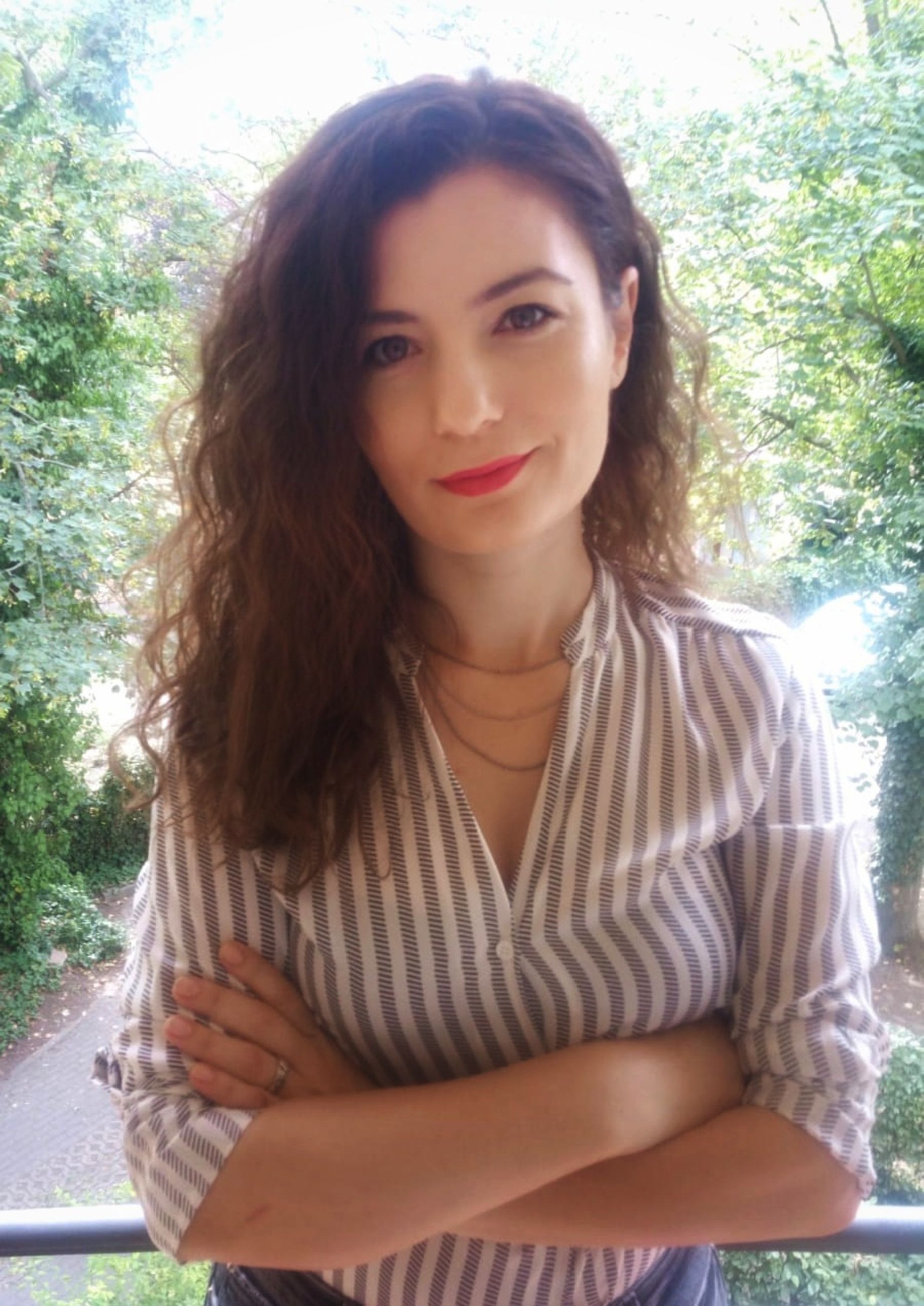Gender and Labour at the Margins of Modernity: Representations of Female Factory Labour in Turkey, 1947-1960
This project aims to recover some of the lost voices of the Turkish industrialization experience by analysing the development of the modern category of female industrial labour in cultural and political terms. It will first and foremost answer the question who the factory women were in this period by situating the Turkish case in the international literature on industrial female labour through the analysis of common themes such as family, migration, marriage and motherhood. The central analytical concept of the research is the body, an analytical strand by which the history of labour has reached beyond its traditional sites and is made meaningful for the arenas of consumption, sexuality and reproduction. In this study, the concept will be used to address a variety of research questions such as skill valorisation and the gendering of skill differences, gendered managerial practices and implementation of scientific management, national identification and gender roles, and factory women as authors. Besides a gendered analysis of the working-class cultural and political life, the project poses questions on the construction of femininity in this understudied period of Republican Turkish history.


